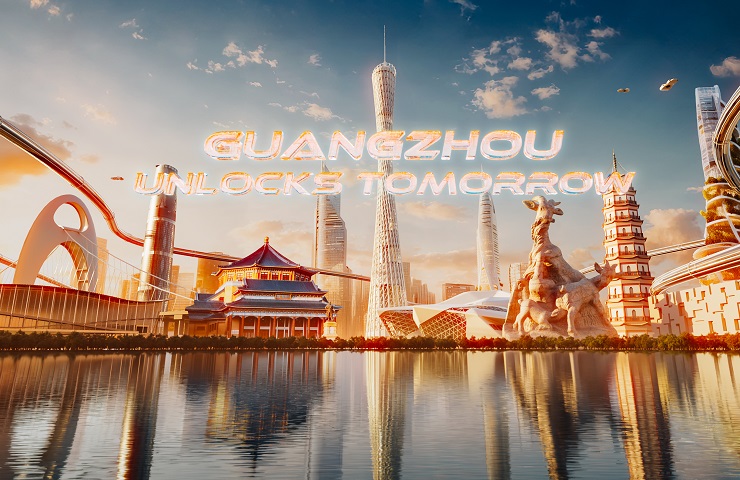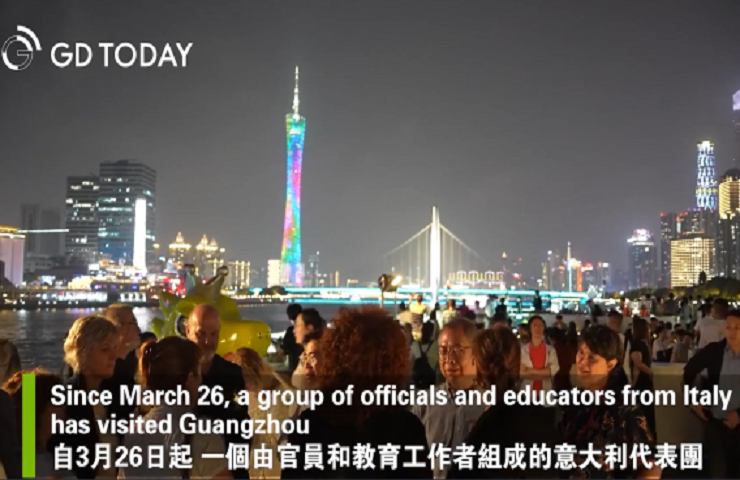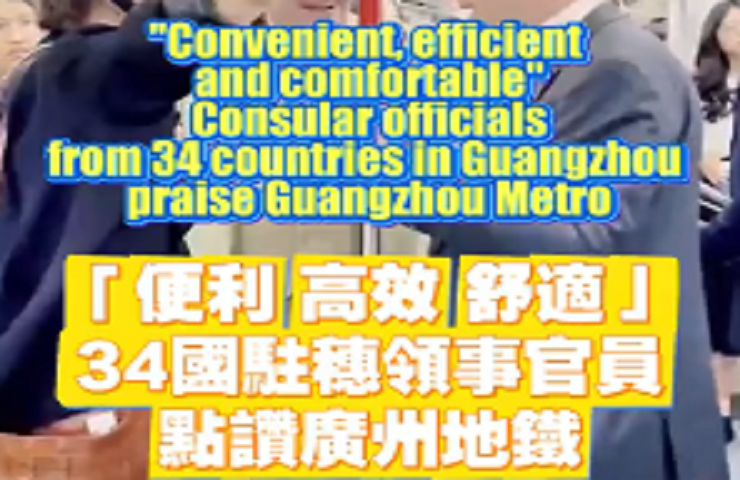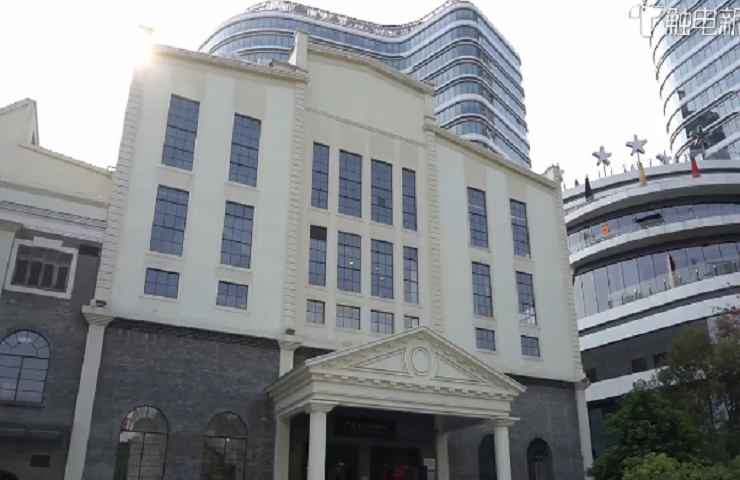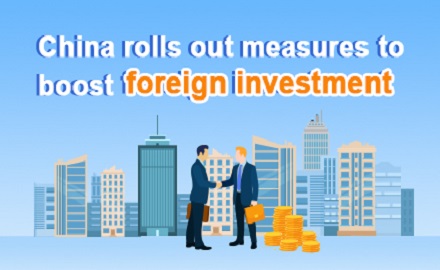Business environment
Guangzhou is evolving from an ancient commercial capital to an international trade center, and has become one of the most popular Chinese cities for investors from home and abroad. From 2010 to 2015, the city was ranked first among the top best commercial cities in the Chinese mainland by Forbes. It was also highly ranked by the Assessment Report of Government by Law in China, Performance Evaluation Report of Local Governments in Guangdong Province and the Research Report of Fiscal Transparency of China's Municipal-level Governments in 2014.
Guangzhou is one of China's three comprehensive transportation hubs, and the largest hub of aviation, railway, highway, shipping and information in South China. It takes about an hour to drive from Guangzhou to the remaining eight cities in the Pearl Delta Region, and only a two-hour drive to Hong Kong and Macao. The Guangzhou-Shenzhen-Hong Kong high-speed railway is under construction. Upon its completion, it will take only 45 minutes to drive from Guangzhou to Hong Kong. A two-hour flight can take people to Taipei, Singapore, Bangkok and Manila, and a four-hour flight to Tokyo, Dubai, Kuala Lumpur, and Seoul.
Guangdong province has been ranking No 1 nationwide in terms of economic aggregate and population, and its capital has been at the top among other cities in the province. The per capita income is high and local people have considerable spending power. The one-hour commuting economic circle has about 45 million wealthy citizens within it, ranking high nationwide in terms of consumption ability and consumption level. The influence of Guangzhou’s market can reach hundreds of millions of people in the nine provinces and autonomous regions in the Pan-Pearl River Delta region, which takes up one fifth of the country’s territory and has more than one third of the total population and economic aggregate. Guangzhou is the most important commodity wholesale center and a cluster for specialized markets in China. Its total sales of commodities in wholesale and retail accounted for nearly 50 percent of Guangdong province. There are about 900 wholesales markets making business transaction with domestic and foreign dealers. In 2015, its total volume of e-commerce transactions reached 1.5 trillion yuan ($217.39 billion).
The cost of operation in Guangzhou is low, which is an advantage for potential investors. According to the statistics made by global property investment adviser Jones Lang LaSalle, as of the third quarter of 2015 the cost of renting office space in Guangzhou has reached 160 yuan a square meter per month, accounting for 43.5 percent and 52.1 percent of that in Beijing and Shanghai. Guangzhou ranks last among Beijing, Shanghai and Shenzhen, with the cost of human resources in Guangzhou being 80 percent of Beijing and 85 percent of Shanghai. The average housing price of Guangzhou is about 54 percent of Shenzhen, 55 percent of Beijing and 61 percent of Shanghai.
Copyright © Foreign Affairs Office of Guangzhou Municipal Government,
Hong Kong and Macao Affairs Office of Guangzhou Municipal Government All rights reserved.
Presented by China Daily.
京ICP备13028878号-28





